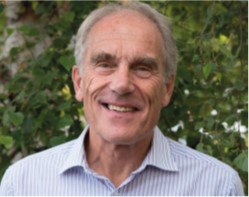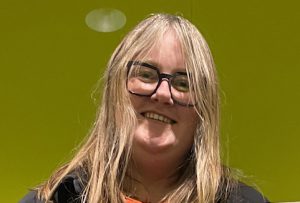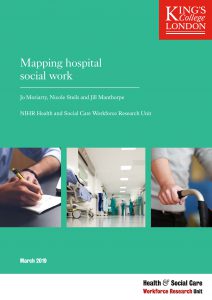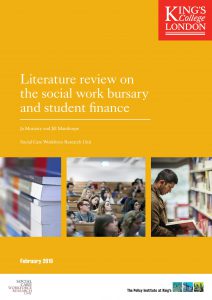 Last year Sir William Utting CB kindly agreed to become the first Patron of the Social Work History Network, prompting the following reflections. (279 words)
Last year Sir William Utting CB kindly agreed to become the first Patron of the Social Work History Network, prompting the following reflections. (279 words)
Installation as Patron of the Social Work History Network reawakened recollections of my own history in social work. My career as a practitioner lasted little more than a decade but the values of social work underpinned the whole of my half century in various forms of public service.
As a novice probation officer, patrolling the streets of West Hartlepool nearly seventy years ago, I lived and breathed social casework. The names of Charlotte Towle, Father Biestek and Swithun Bowers rang out in every professional discussion. My particular guiding star was Helen Harris Perlman (Casework: A Problem-Solving Process). Together with lessons on how to do the job, I also internalised the humanist values of social casework so that they also became part of the way I wished to live my life outside social work. Continue reading
 Brian Parrott reflects on the uncertain place of ‘community’ within the social work profession. (711 words)
Brian Parrott reflects on the uncertain place of ‘community’ within the social work profession. (711 words) Carolin Hess
Carolin Hess 



